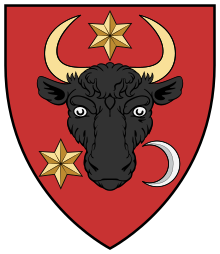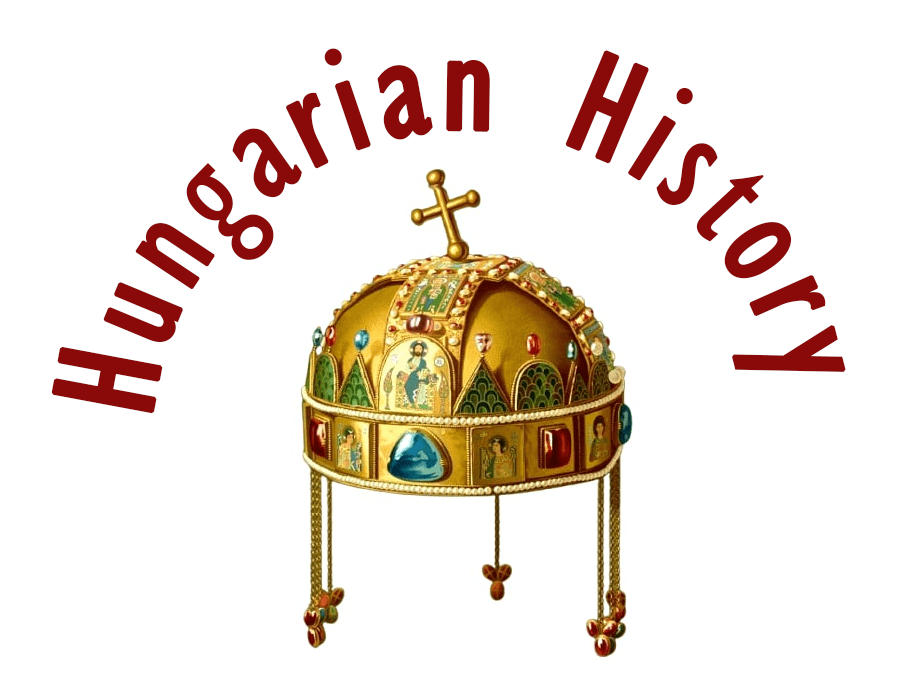Fáncsy Borbála
Lady Fáncsy Borbála’s life can give us an excellent opportunity to take a good look at the everyday situation of the Dual Kingdom of Hungary in the 16th century.
It happened on May 10, 1560, that Crown Prince Maximilian, son of Emperor Ferdinand I, received a gift that might have been to his liking: two barrels of Hungarian wine of a very special quality, accompanied by a letter.

The parcel came from Diósgyőr from his dear paternal friend, Lady Fáncsy Borbála. And as the Prince knew that Borbála was one of the smartest women in the country, he must have read the letter with great attention. In fact, it was a request, in a nutshell, its message was the next: come on, son, lobby your father a little because the people of Miskolc are getting on my nerves…(Please, note that I use the Oriental name order for Hungarians where family names come first.)

Once upon a time, about twenty years earlier, Emperor Ferdinand needed a lot of money for his war to keep the Hungarian throne. At the time, he pledged a lot of royal estates to the Hungarian lords, only the most loyal ones, of course. This is how Diósgyőr, one of the most beautiful and richest castles in the country, with its towns and vast estates, became the property of Balassa Zsigmond and his wife, Fáncsy Borbála. Balassa Zsigmond, the lord and comes of the whole Borsod County, ruled this veritable empire with great skill and wisdom. Yes, but this stern and strong-handed landlord died young.

At the time, people thought that with a woman in charge, the reins would be loosened. Two years later, nobody remembered Balassa Zsigmond’s lenient rule. Borbála Fáncsy was not a small-time player. She was one of the most educated and bookish women of her time. She spoke Hungarian, Latin, Turkish, German, and Italian perfectly. She was famously good at writing Latin, and much of her extensive correspondence is preserved in the Viennese archives.

After her husband’s death – she was not yet forty – she took the county in her hands and also showed excellent diplomatic skills. Her situation was not easy. In the country, which was divided into three parts, Borsod County, including the town of Miskolc, was the Borderland of the royal territory. And the city was occasionally besieged by the Turks. As if it wasn’t enough to pay the landlord!

Miskolc, instead of turning to Fáncsy Borbála – she is only a woman, and is rumored to have a Turkish lover – turned to the king for concessions. They asked for privileges, for a reduction of the burden, and King Ferdinand, having other things to do, turned a deaf ear, saying that let’s give them a dribble. When Lady Borbála heard of this, she wrote to the King, saying that it was all right, but that he would leave the matter to her to settle.

She resolved the conflict by negotiating with the Turks, accompanied by some gifts, to tell them how much to pay annually, but to leave Miskolc alone. The deal was kept by both sides, no problem. Only the Miskolc people got a taste of Ferdinand I’s favor and started lobbying to get out from under Diósgyőr’s rule. That was when Borbála Fáncsy got very angry. She knew exactly that the king had no money, so she insisted that if she interfered, he could even take back the estate.

But she didn’t want to spoil the good old friendship, so this letter was accompanied by valuable gifts. It had achieved its aim, but the people of Miskolc continued to reason: if they sent a delegation… That was when Maximilian, the heir to the throne, received a letter from “Aunt” Borbála – with some gifts, of course – which he could not ignore. Whether King Ferdinand did not want to confront his son or whether he understood Lady Borbála’s arguments is not known, but the delegation from Miskolc returned home empty-handed. Home? It could not have been a happy homecoming. In their absence, Lady Borbála had the houses of all the participants in the action demolished. She had no more problems anymore with anyone from Miskolc.

After this, there was peace in Borsod County. And the people of Miskolc were not allowed to rebel after her death, either. The new owner was ordered by the king to continue everything as if Fáncsy Borbála were alive. To add to the story, Balassa Zsigmond’s nephew was the poet Balassi Bálint, who could have known his aunt when he was a child.

I found the following information about Fáncsy Borbála in the newspaper called Vasárnapi Újság (1867. Vol. 14, No. 8, 24 February):
“Balassa Zsigmond, who died in 1559 without a heir, bequeathed the castle of Bozók to his widow, Fáncsy Borbála. She lived in the castle for eight years without being disturbed, but in 1561 she had to ask the Palatine to intervene because of the injuries she had suffered at the hands of Krusith János, the captain of Korpona. At that time the estates of the country pressed for the restoration of the Bozők Priory, and Lépes Bálint, the Bishop of Skop, had already obtained a royal charter for it, but he could not get possession of it because Fáncsy György not only did not respond to the protests, but made the castle even more of a fortress; Meanwhile, he gave the provostship to János, the son of Kis-Tapolcsányi Tamás, under certain conditions, but it returned to his family…”

Source: Ezerszínű Világ
You can read more about the history of Diósgyőr Castle on my page:
https://www.hungarianottomanwars.com/kingdom-of-hungary/diosgyor/
Dear Readers, I can only make this content available through small donations or by selling my books or T-shirts:
Please, support me with a coffee here:
You can check out my books on Amazon or Draft2Digital, they are available in hardcover, paperback, or ebook:
https://www.amazon.com/dp/198020490X or at https://books2read.com/b/boYd81


My work can also be followed and supported on Patreon: Become a Patron!http://Become a Patron!



